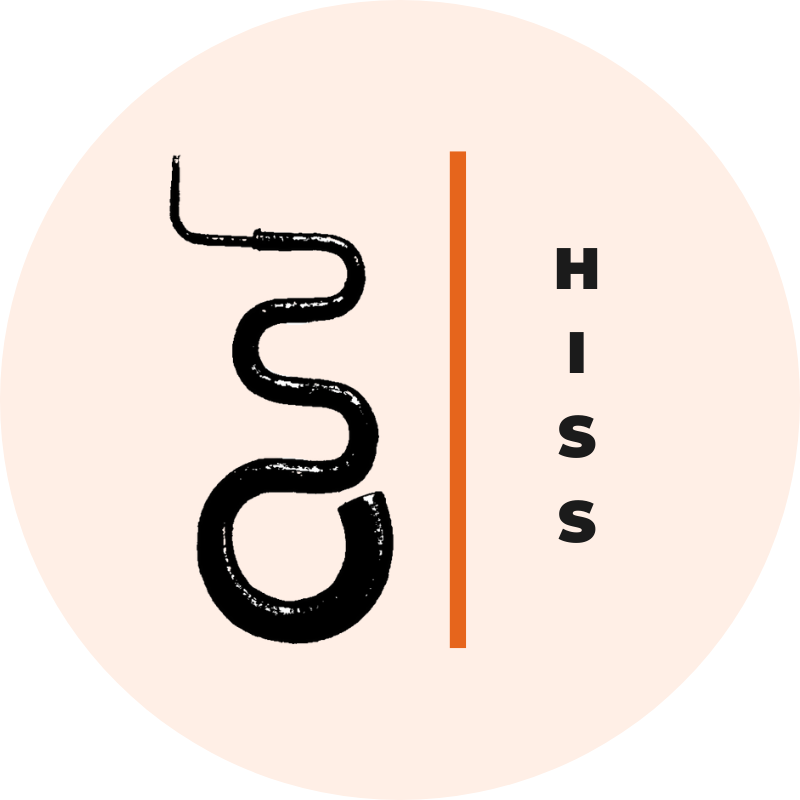
Progressives 2024
This is the first class of the day, called the 'progressive'.
We ask that you please choose your progressive class based on what your main study instrument/voice will be for the course, as the progressive classes will be a cumulative series, focusing on technique, or technical exploration of a particular work or repertoire; therefore you would be expected to attend the same class each day.
As the progressive classes often look at more technical elements, we expect that you are approximately an intermediate standard upwards on your chosen main study instrument/voice, unless otherwise stated in a class description.
If you have any questions regarding our progressive sessions, please don’t hesitate to email us at hissenquiries@gmail.com.
Lynda Sayce
Renaissance Dance Forms
The focus this year will be on renaissance dance forms. There will be examples for everyone to join in. Sessions 1 - 5 will look at:
1) Pavan / paduana
2) Passomezzo / Passingmeasures
3) Saltarello
4) Almaine / almande
5) Galliard
There will be historical background, played examples, recorded examples, and if possible, video examples of the steps being danced.
For lutenists and others who wish to join
Hazel Askew
Folk Song
This class will delve deeply into the folk singing traditions of the British Isles and beyond. Together we will build up a repertoire of contrasting folk songs, learn about their history and social context, discuss delivery and stylistic elements, analyse source recordings and contemporary interpretations, and experiment with vocal harmonisation.
All songs will be learnt by ear with texts provided and the class is suitable for any level of singer.
Tim Bayley
Renaissance Wind Workshop
The Triumph of Maximilian I was conceived by the Holy Roman Emperor in 1512 to commemorate his own name and achievement. The grand procession which was created in a series of 137 woodcuts, but never realised, contains detailed illustrations of the pomp and ceremony associated with a powerful ruler, including many musicians, either mounted or seated in carts.
The progressive workshop will take inspiration from the depictions of shawms, crumhorns, recorders, flutes etc and explore wind technique through the compositions of Heinrich Isaac, Senfl, Josquin des Pres, Lassus, Vaet, and others associated with the Royal Courts of Maximilian I and II.
Suitable for confident readers with experience of their instruments.
Mary Tyers
Technique through Interpretation
From ectasy to tragedy, music enables us to experience and express the whole gamut of human emotions. But how can we achieve this on our recorders? Using selected movements from the Handel’s Sonatas for Recorder and Van Eyck’s Der Fluyten Lust-Hof this class will use bespoke exercises to develop Tone, Dexterity & Articulation and apply the results back into the music, allowing us to develop an affective interpretation.
Recorders, Readers
NB Please bring with you a copy of the Handel Recorder Sonatas (publ Barenreiter of other) and Vol 1 Van Eyck’s Der Fluyten Lust-Hof (publ Amadeus)
George Bartle and Richard Thomas
A mix of technical classes and collaborations with other instruments, and voices
The early brass will be involved in the polysemble working on Carissimi’s Jephte and the Benevoli Mass project with Robert Hollingworth.
renaissance brass
readers
Susanna Pell
Progressive: Mr Euing's Library
William Euing, a successful insurance broker based in Glasgow in the 19th century, is perhaps best known for the Euing Lute Book. However, this was just one of the substantial collection of music manuscripts and publications spanning the 15th to the 18th centuries which formed part of his vast library. Euing died in 1874 and to mark this anniversary the viol progressive class will explore a choice selection of works from publications in his ownership by composers such as: Wilbye (whose 450th birthday we also celebrate in 2024), Lassus, Tallis, Marenzio and Ferrabosco the Elder.
for viols
Readers
Rebecca Austen-Brown
Friend or Foe
Exploring the relationships, (whether lifelong buddies, or duelling rivals) between the great composers of the renaissance and baroque eras.
Arrangements of a Bach Brandenburg concerto, chamber works by Telemann, Handel and Mattheson, Couperin’s depiction of Lully and Corelli on Parnassus, and works from Tallis and Byrd
Recorders
Readers
John Dipper
Taming Folk Tunes to Tell Your Story
With his experience at bringing old tunes to life with The English Acoustic Collective, Patterson Dipper, Alma, Dipper Malkin and the Emily Askew Band, John will look at how to explore and develop a tune, giving you the tools to make it tell your story, as well as giving advice on techniques and tips to get the most out of the tune and your instrument, such as groove, ornamentation and dynamics.
This class is ideallytaught by ear, but music can be available if needed
Anne Marie Christensen and Catherine Strachan
French 5 part string repertoire.
The core repertoire for this year will be dance movements from Lully's Alceste which was first performed in the spring of 1674 as well as repertoire by Rebel.
baroque strings,
readers
As usual, we will also be available for chamber music coaching.
Graham Coatman
Palestrina in context
Starting with Palestrina’s Missa Aeterna Christi Munera we will explore not only his music, but connections with other composers. We will also look at the 6 part motet Tu Es Petrus, on which the four choir Benevoli mass we will explore with Robert Hollingworth is based.
As usual there will also be opporunities to work with other groups, eg strings, viols, brass in joint classes.
The major opportunity is the day to be spent on the four choir Missa Tu Es Petrus by Roman composer Orazio Benevoli (1605 – 1672), to be led by RobertHollingworth, which will hopefully involve all those on the course who sing, as well as many istrumentalists in some glorious and exuberant music.
Suitable for singers (all voices) preferably with some reading and choral experience.

